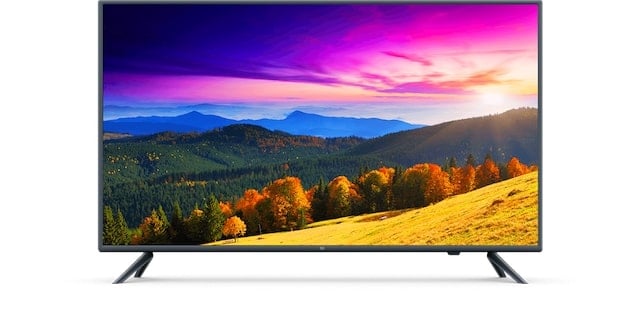Over the recent years, smart products appeared in many daily life scenarios, smart home living, including smart TV, vacuum robot, smart lock, and smart speakers, are expected to receive good market recognition in 2019.
In 2019, the price range of the smartphone that majority of China internet users purchase is between 2001 and 3000 yuan (US$291-436) as well as 3001 and 5000 yuan (US$436-727).
Out of the brands that online users consider on top of their minds, Huawei ranks the first. While Xiaomi and Apple take the second and the third place, Xiaomi is favored by male and Apple is favored by the female.
According to Tencent research by Penguin Intelligence, Huawei enjoys the highest loyalty, 62.2%. When replacing the smartphone, 69.4% of online users are expecting better battery performance; also, the core features such as operating system experience and hardware performance are priorities.
When making a purchase, more online users prefer online purchase to offline purchase (54.8% vs 45.2%). The percentage of males, younger customers who do not deny the idea of purchasing used phones are higher.
Regionally, Apple users in first-tier cities take the highest percentage, and user ratio of Xiaomi in tier-2 cities, Huawei in tier-3 cities are the highest. OPPO and Vivo’s user ratios are higher in lower-tier cities.
In 2019, 88.5% of online users plan to purchase at least one smart device of which smartphone accounts the most, with 66.7% of online users are thinking of buying one. Users’ purchase intention for other mobile devices such as smartwatches is 25.6% in term of penetration ratio.
Over the recent years, smart products appeared in many daily life scenarios, smart home living, including smart TV, vacuum robot, smart lock, and smart speakers, are expected to receive good market recognition in 2019.
When choosing smart devices, 80.2% online users prioritize the practical features while the price is an aspect that nearly sixty percent of online users will consider. Other than that, branding, convenience, technical features are considered by over forty percent of China online users.
Premium features as branding, technical features, and design are significantly less considered compared to practicality and price. online users’ purchase of smart devices is more rational in 2019, which can even be regarded as a sign of consumption downgrade.
Among the most expected smart products, security and vacuum products rank the first and the second respectively. Other than that, 56.5% of online users are looking forward to household products that can aromatically adjust the living environment.
For online users more willing to buy foreign smart products, 51.2% of them are considering smartphone and over thirty percent of them are considering foreign smart locks, vacuum robot, and smart TV.
When making a purchase of smart products, online users in the tier-1 cities are most willing to buy foreign products, accounting for 55.8%. In general, the difference in preference of foreign smart devices among online users of different cities is not significant.
Although the willingness of tier-4 and lower-tier cities online users for buying foreign smart products is the lowest, the percentage is still close to the half, reaching 48.5%.
Meanwhile, the younger the online users, the more recognition for foreign products, the percentage of post-00s who are more willing to buy foreign products is as high as 61%.
This is an excerpt from eBook Purchase Intention of Smart Device in China
